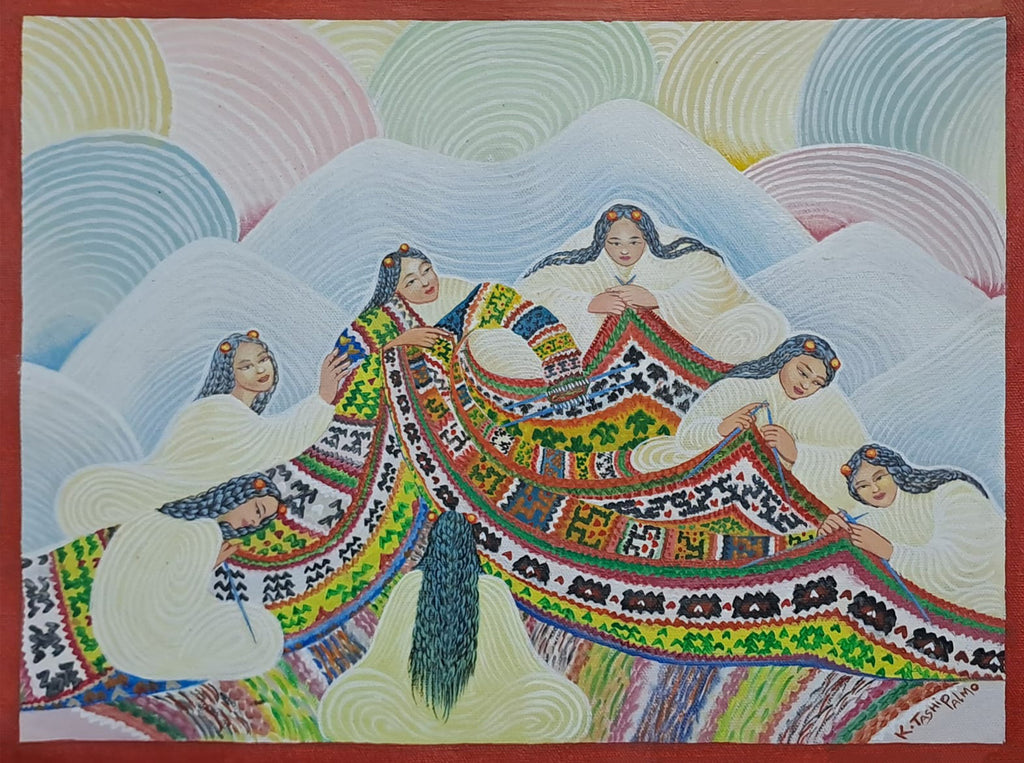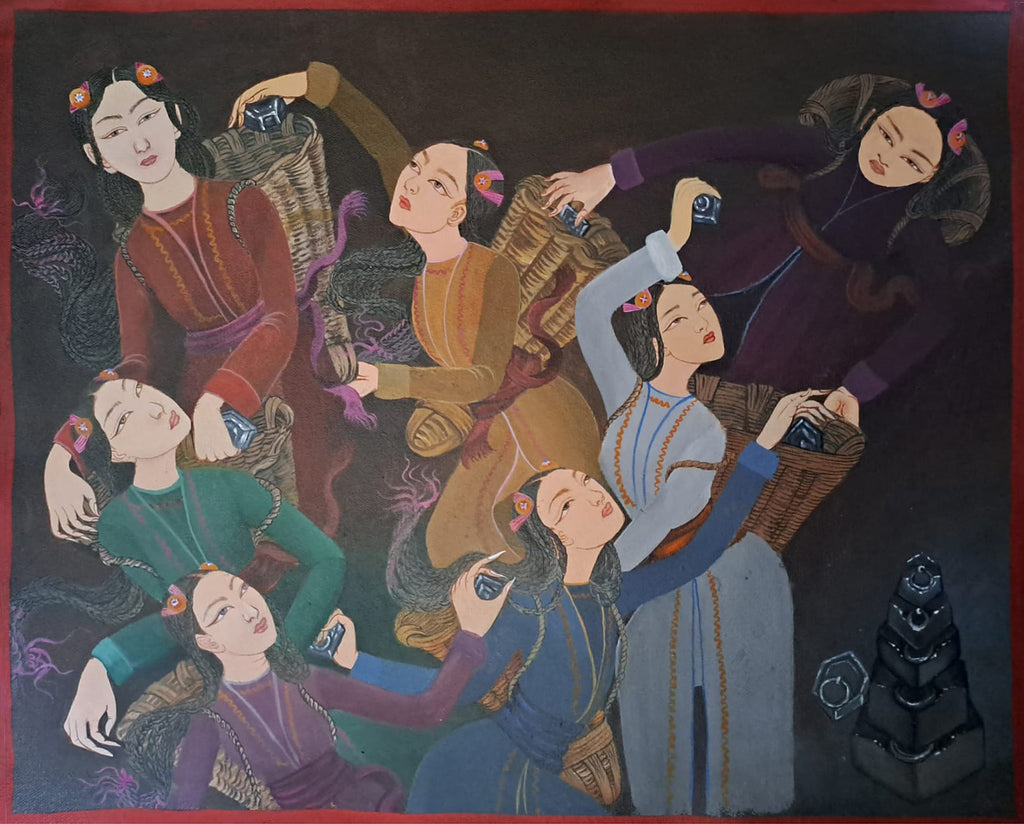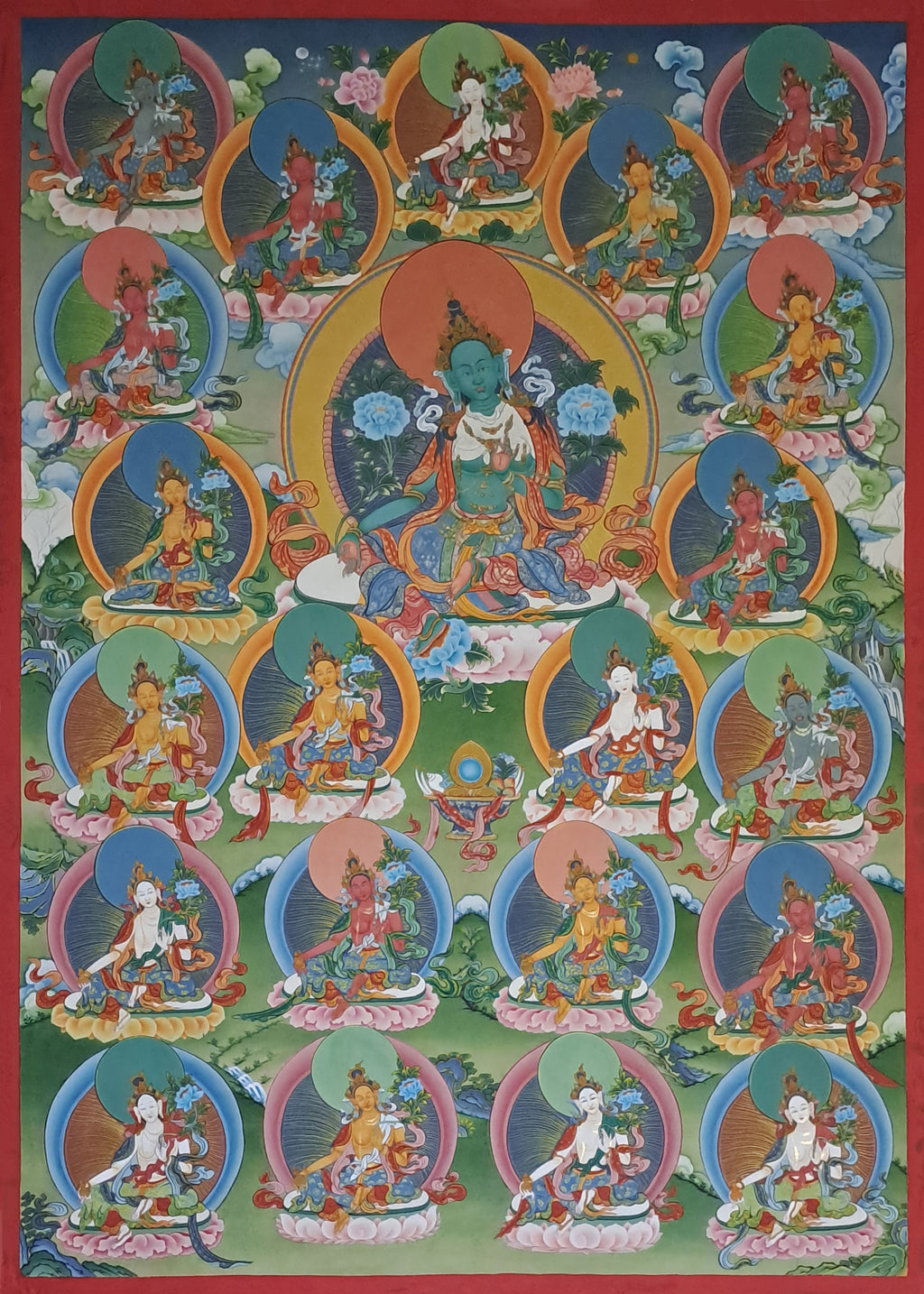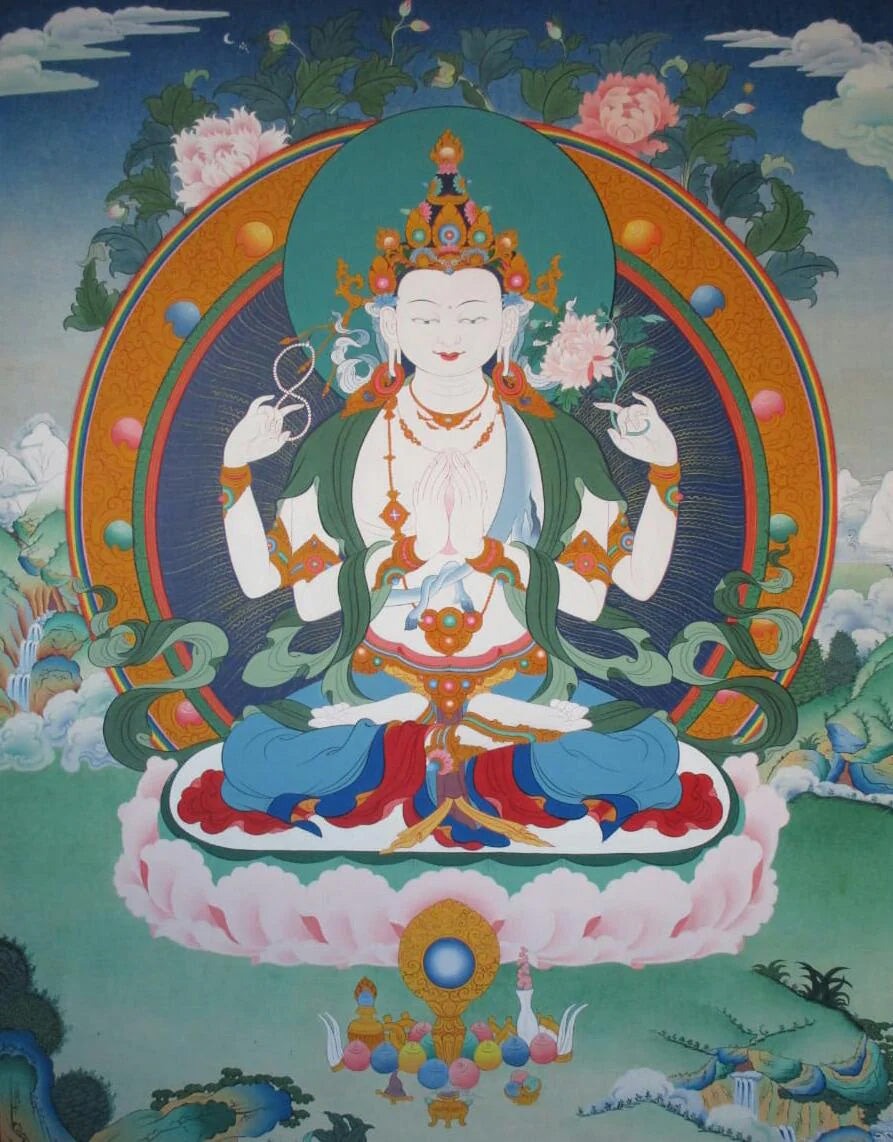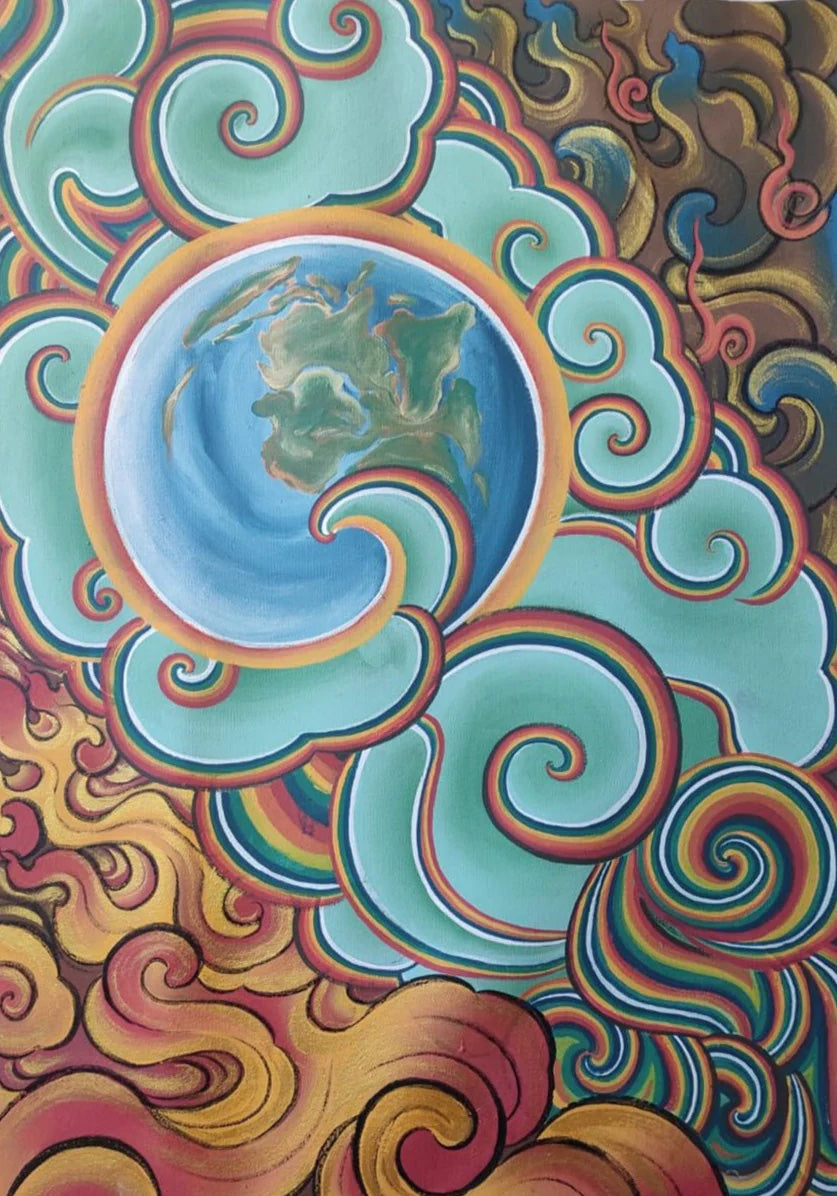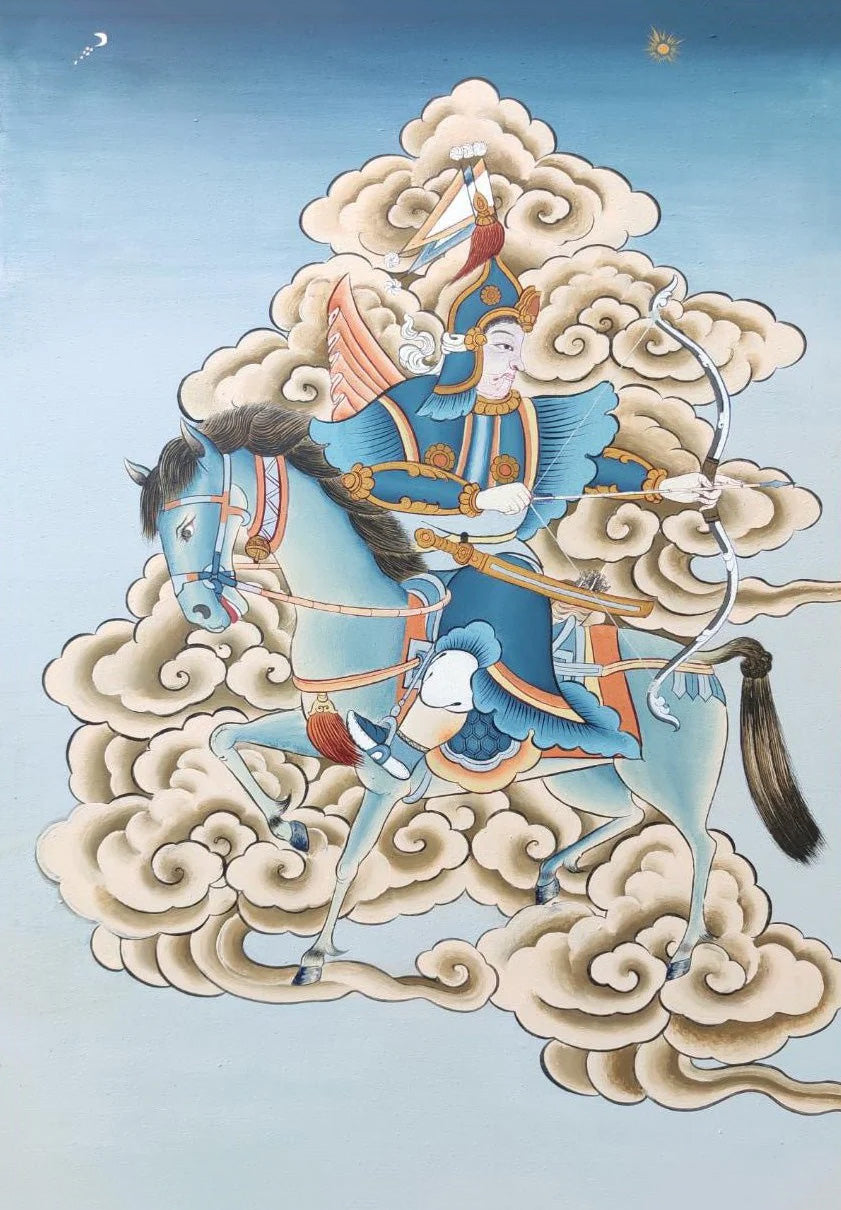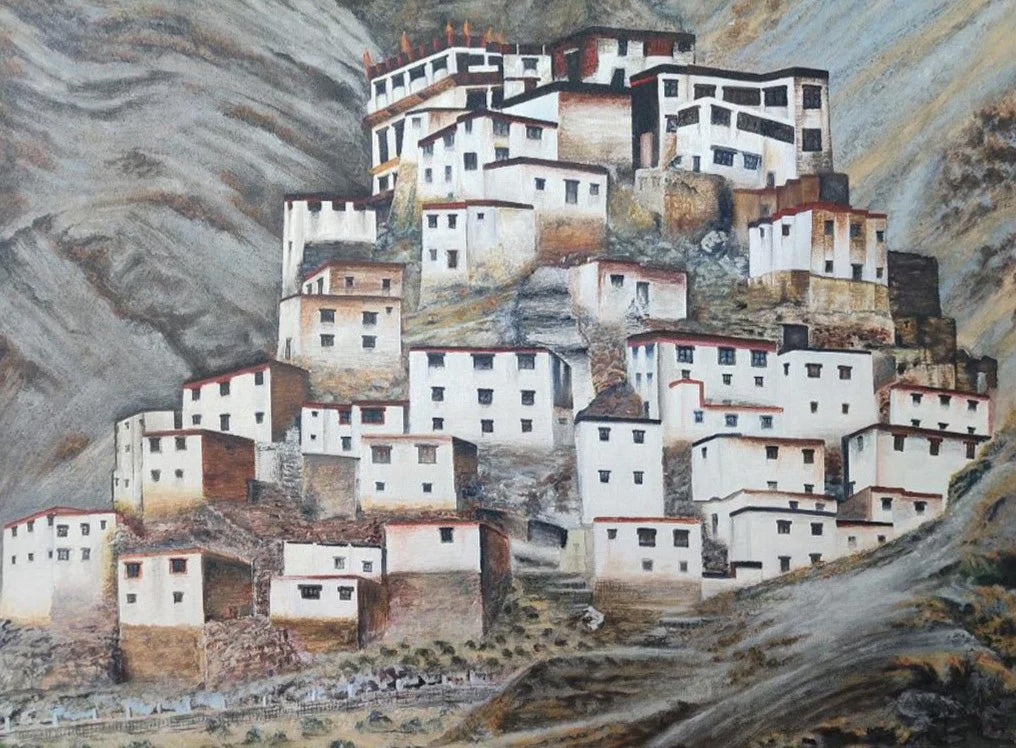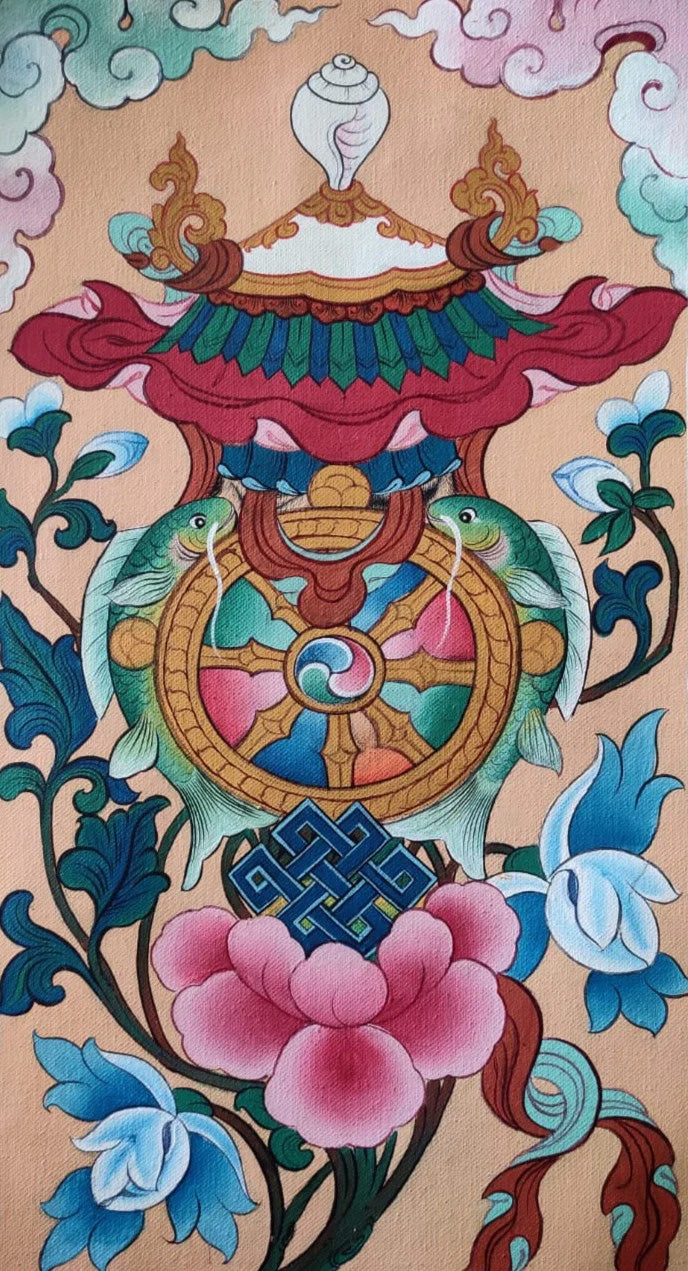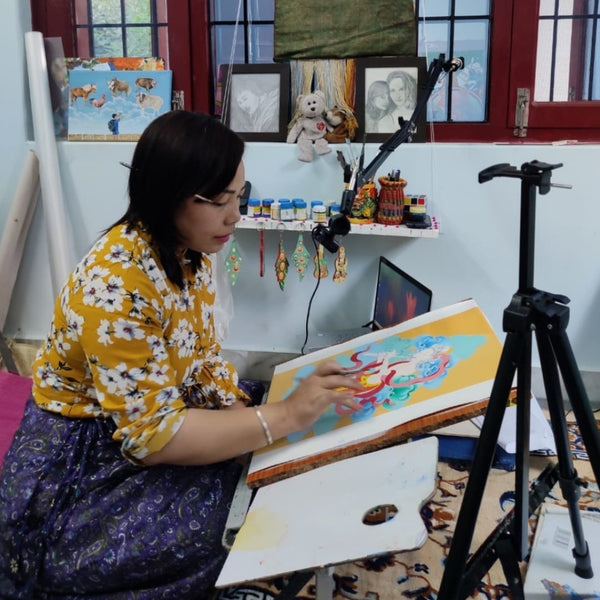EMI available: Pay in installments with your preferred Credit/Debit cards.
Dimensions : H- 16 | W- 24inches
Medium : Natural Colors on Handmade Paper
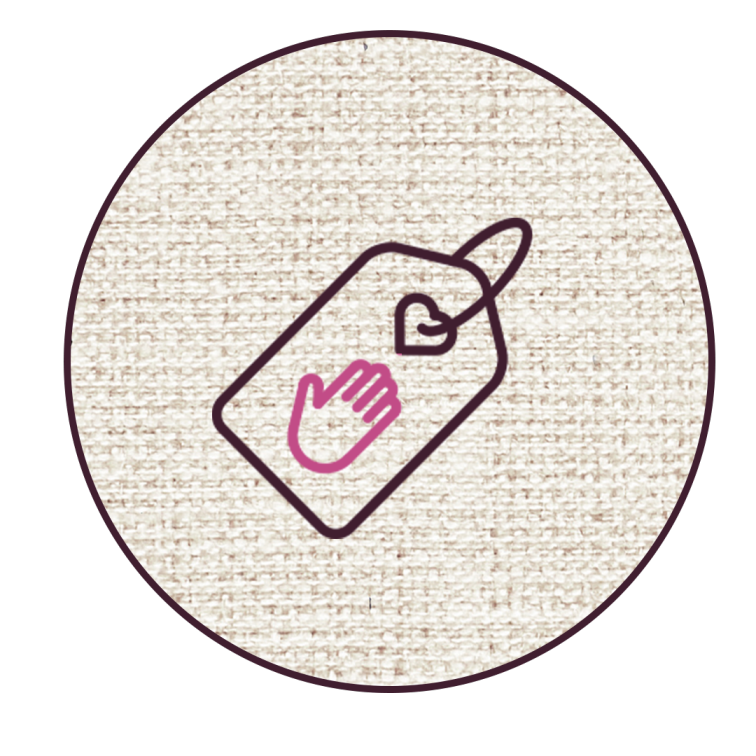
- HANDMADE
ARTWORKS

- INTERNATIONAL
SHIPPING
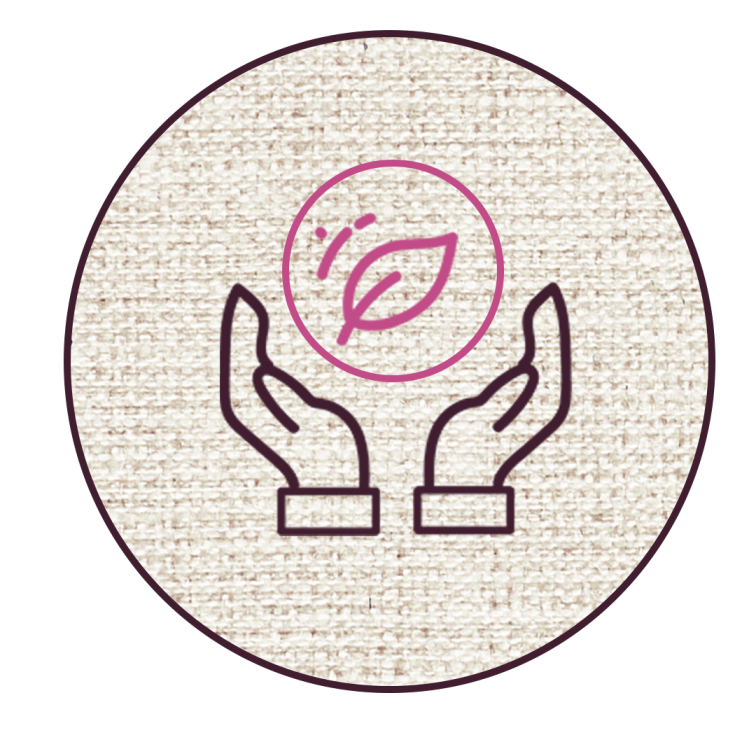
- AUTHENTIC &
SUSTAINABLE

- SECURE
CHECKOUT

- WARRANTY

- CELEBRATE
ARTISANS
![]() Earn upto 25,000 Points on purchase of this product.
Earn upto 25,000 Points on purchase of this product.
![]() Get upto 10% OFF on Live Workshops when sign up for 2 or more workshops.
Get upto 10% OFF on Live Workshops when sign up for 2 or more workshops.
![]() Get 10% OFF coupon code for Art Kits signing up for Masterclass or Live Workshop.
Get 10% OFF coupon code for Art Kits signing up for Masterclass or Live Workshop.
About the Artwork +
Through this painting, gifted artist Krishna Tashi Palmo transports the viewers to an Unseen Ocean through the mesmerizing art of Thangka. This ancient Tibetan tradition unfolds on handmade cotton canvases, where the colors employed are not just pigments but fragments of dreams. Gold and natural hues intermingle to depict the hidden world beneath the waves, where mythical creatures and divine realms coexist in intricate harmony. The ethereal patterns and motifs, steeped in spiritual symbolism, evoke a sense of serenity and wonder. The Thangka's color theory, a marriage of earthly and celestial shades, captures the essence of an enigmatic aquatic realm, inviting to explore the depths of art and imagination.
Authentication +
Each of our artworks are hand painted by master artists across India. We provide a digital authentication certificate with this artwork signed by the artist which will be sent over email after 3-4 days of delivery of the artwork.
Sizes, Framing and Customisation +
The sizes mentioned are excluding the borders of the artwork.
Frames shown are for visual representation only and are not included with the artwork. We offer framing services on demand at additional costs. If you wish to get your artwork framed, please reach out to us on WhatsApp or email.
We take custom artwork orders, please use the WhatsApp chat below or email us at wecare@memeraki.com to discuss your requirements in more detail.
Shipping and Taxes +
We ship worldwide, Our Prices are inclusive of GST/Taxes in India. For international orders, any specific custom duties you may encounter in your home country during the delivery has to borne by the buyer.
For all artworks except Lippan and Terracotta, we offer free shipping on orders above ₹999, a ₹249 flat rate is applicable to smaller order amounts.
For international artwork orders shipping charges of 4000 INR* are applicable.
For Lippan and Terracotta Artworks, We charge a Shipping rate on a per Kilogram basis.
*Extra charges may apply for both domestic and international deliveries in the following cases:
- International artwork orders where the artwork's smaller side measures more than 36 inches.
- Extra charges are applicable for Express Shipping. Contact support to check availability for your order.
- Orders with more than 2 product types in the cart.
Delivery Timelines and Returns +
All artworks are packed and couriered securely in a tube.
Ready To Ship/ In Stock artworks are shipped in under 2 weeks. We only accept return requests for Ready to Ship/ In stock artworks placed within a week from date of delivery. However, no returns can be accepted for international deliveries.
Made To Order artworks will take 2-3 weeks to be made and shipped once they are ready. Returns are not applicable on Made To Order artworks.
Once your order is placed, our team will stay in constant communication with the artist to track the progress and ensure the quality of your order. You will receive regular updates from us throughout this process.
Colour Disclaimer+
All artworks on the website are hand painted from scratch by our master artists. This makes every artwork absolutely unique and the actual colour and overall artwork may vary slightly from the artwork image posted here.






 Share
Share


